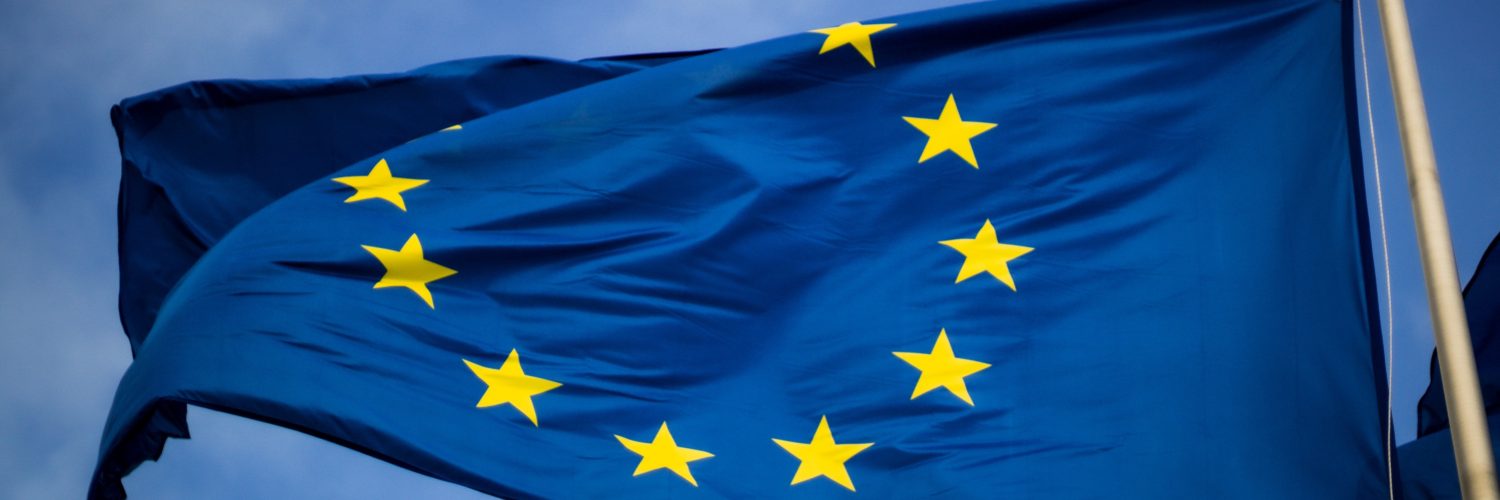- ViDA measures include new rules for platform operators in VAT collection for short-term accommodation and passenger transport.
- The EU’s ViDA package aims to simplify the VAT system and reduce fraud.
- Digital reporting requirements and expanded service and supply chain fictions for digital platforms are introduced.
- EU member states must implement a new fictitious service commission for digital platforms by January 1, 2030, with early adoption possible from July 1, 2028.
- Member states can define exceptions, such as for small businesses.
- The regulation ensures traditional service providers in the taxi and hotel industries compete on similar terms with platform-based providers.
- The rules apply when services are facilitated through electronic interfaces like marketplaces or platforms.
- For accommodation, the rule applies to uninterrupted short-term rentals to the same person for up to 30 nights.
- A fictitious service from the provider to the platform operator and from the platform operator to the customer is assumed.
- The provider’s service to the platform is VAT-exempt, with no input tax deduction right, while the platform’s service to the customer is VAT-liable, allowing input tax deduction.
- Exceptions exist for providers who declare their VAT and provide their VAT ID to the platform, requiring the platform to maintain records of B2B and B2C transactions.
Source: ebnerstolz.de
Note that this post was (partially) written with the help of AI. It is always useful to review the original source material, and where needed to obtain (local) advice from a specialist.















